An interview with Larissa Behrendt
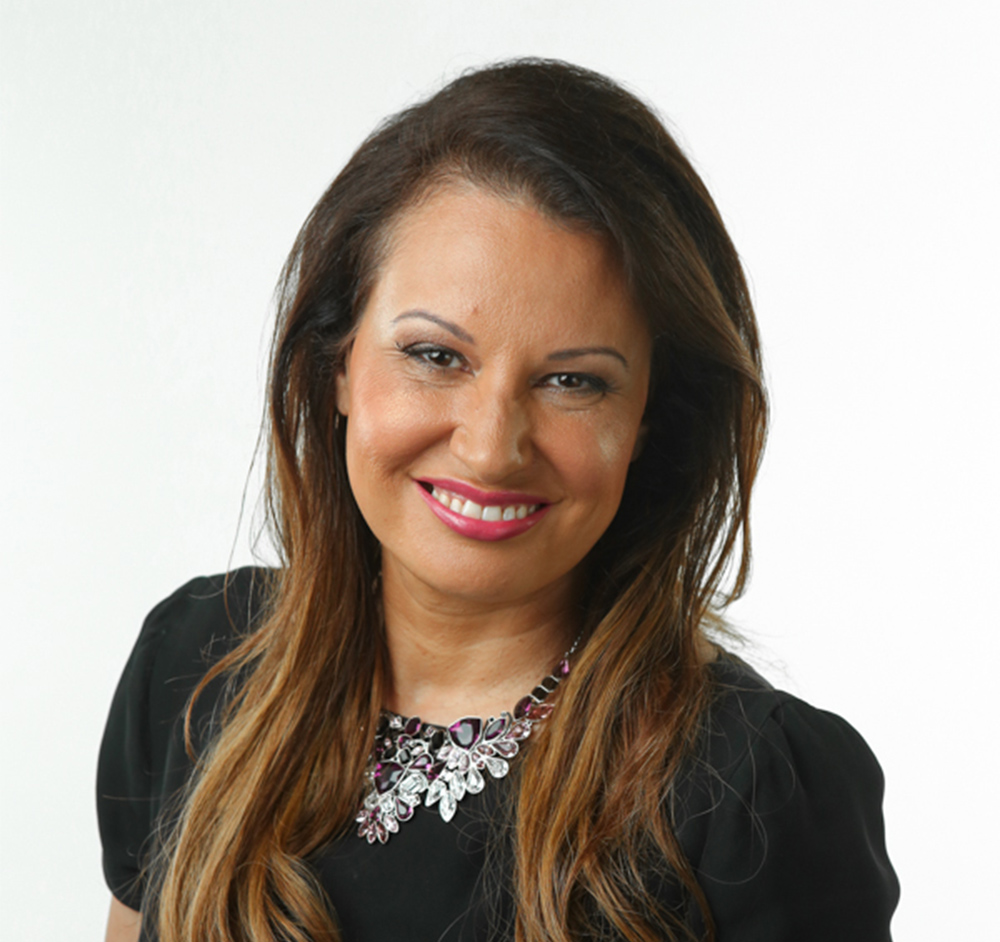
Larissa Behrendt is the author of three novels: Home, which won the 2002 David Unaipon Award and the regional Commonwealth Writers’ Prize for Best First Book; Legacy, which won the 2010 Victorian Premier’s Literary Award for Indigenous Writing; and After Story (2021). She has published numerous books on Indigenous legal issues; her most recent non-fiction book is Finding Eliza: Power and colonial storytelling. She was awarded the 2009 NAIDOC Person of the Year award and 2011 NSW Australian of the Year. She is Distinguished Professor at the Jumbunna Institute at the University of Technology Sydney.
If you could go anywhere tomorrow, where would it be, and why?
The more I travel, the more I appreciate being home. But I often dream of Paris …
Continue reading for only $10 per month. Subscribe and gain full access to Australian Book Review. Already a subscriber? Sign in. If you need assistance, feel free to contact us.


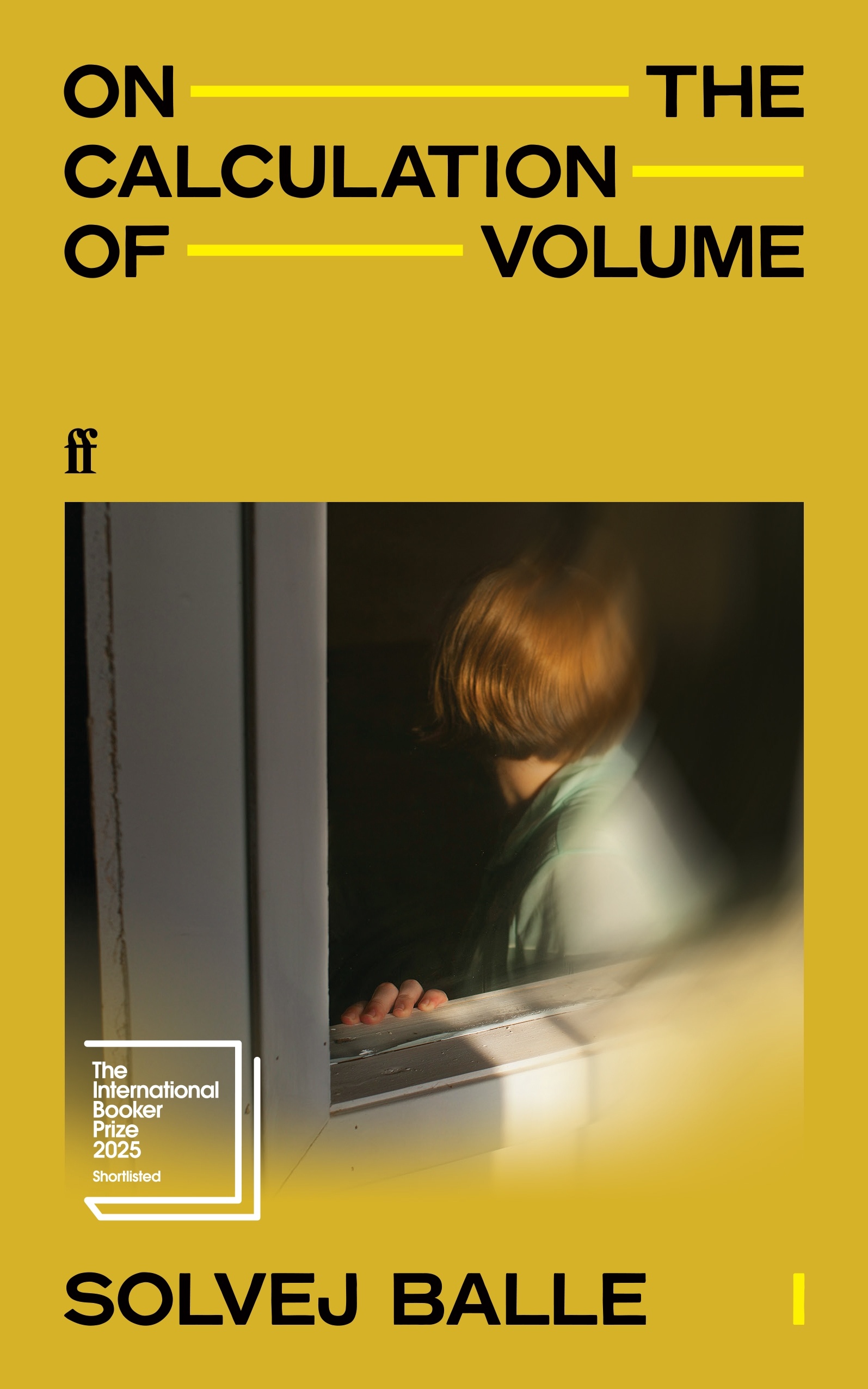
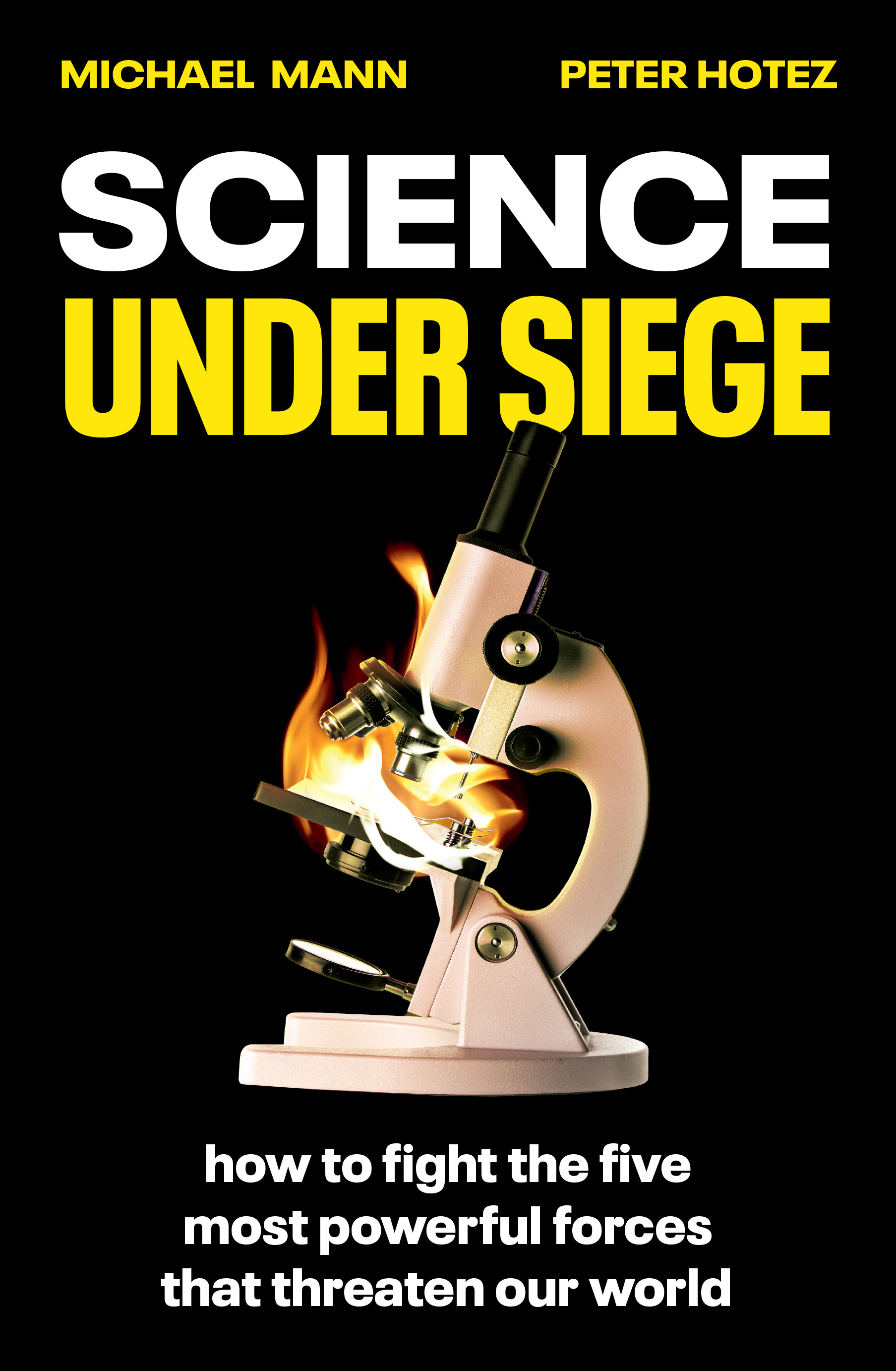
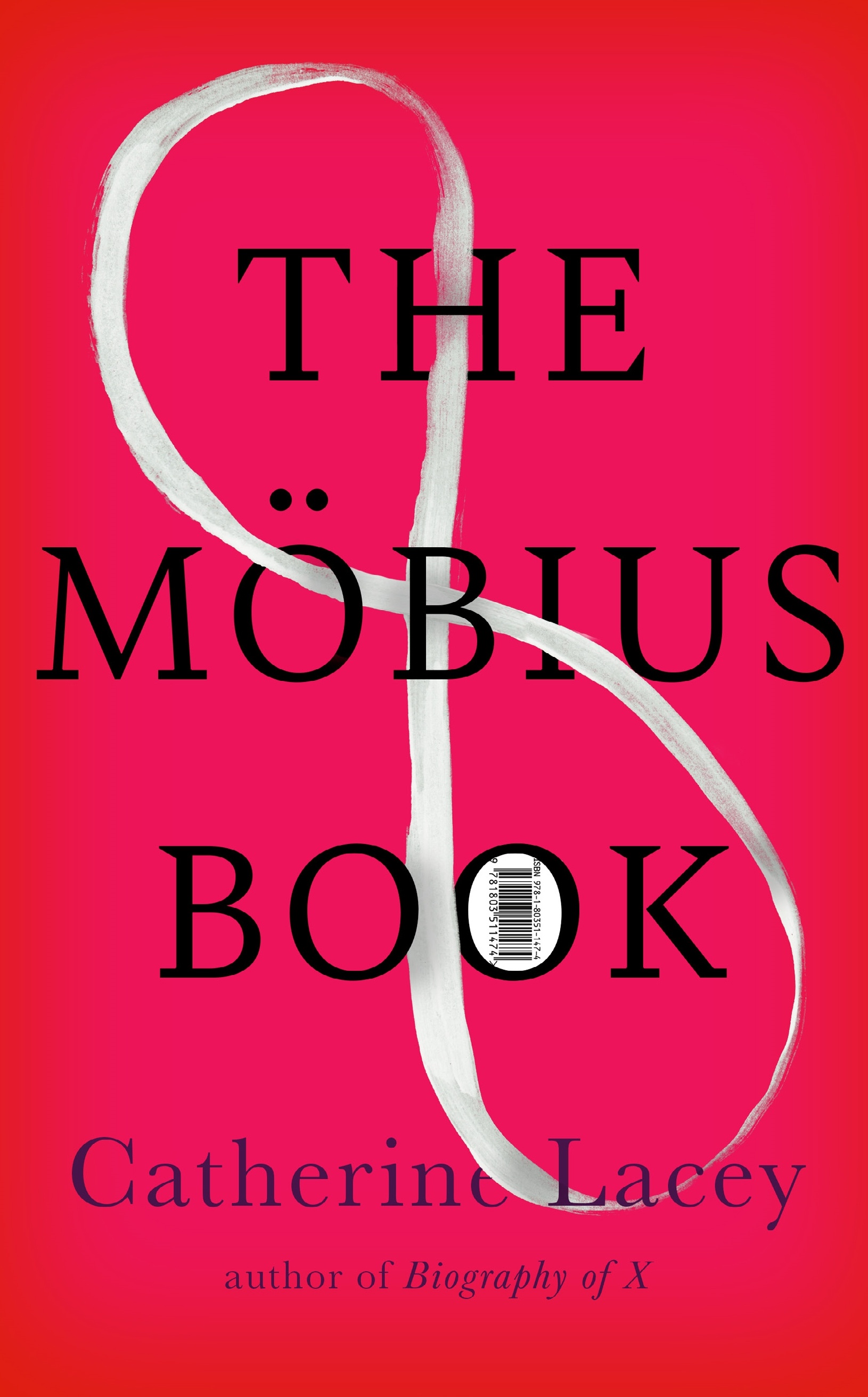
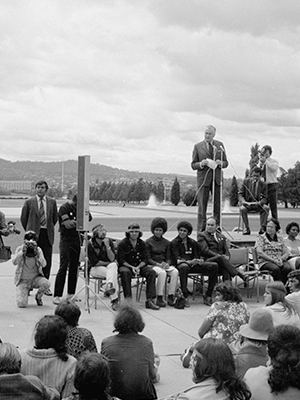

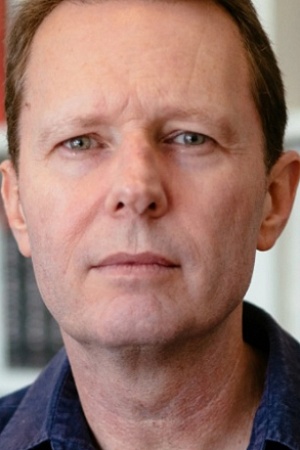

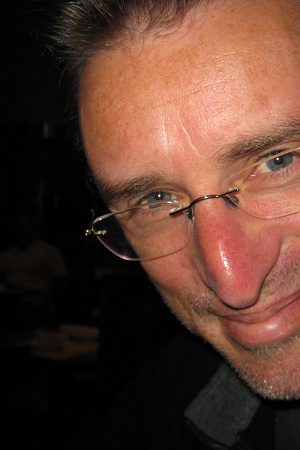
Leave a comment
If you are an ABR subscriber, you will need to sign in to post a comment.
If you have forgotten your sign in details, or if you receive an error message when trying to submit your comment, please email your comment (and the name of the article to which it relates) to ABR Comments. We will review your comment and, subject to approval, we will post it under your name.
Please note that all comments must be approved by ABR and comply with our Terms & Conditions.